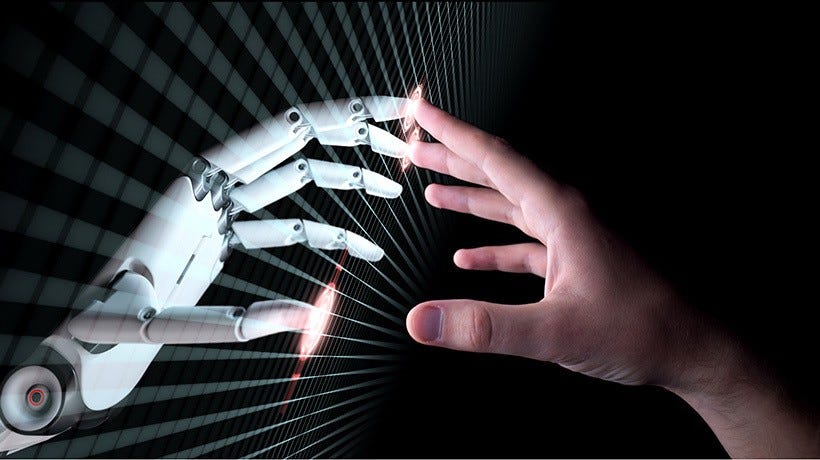Artificial Intelligence (AI) has emerged as a revolutionary force across various industries, and one of its most promising frontiers is in the realm of saving lives. From healthcare to disaster response, AI is increasingly playing a vital role in preventing, diagnosing, and responding to critical situations. In this article, we explore the ways in which AI is contributing to life-saving efforts and shaping a more resilient future.
**1. Early Disease Detection and Diagnosis:
AI-powered diagnostic tools are transforming the landscape of healthcare by enabling early detection of diseases. Machine learning algorithms can analyze vast amounts of medical data, identifying patterns and anomalies that may go unnoticed by human practitioners. This early detection allows for timely intervention and more effective treatment strategies.
**2. Personalized Medicine:
AI is driving advancements in personalized medicine, tailoring treatment plans based on individual patient characteristics. By analyzing genetic, lifestyle, and clinical data, AI can provide insights into the most effective and least harmful treatment options, minimizing side effects and improving patient outcomes.
**3. Drug Discovery and Development:
The drug discovery process, traditionally a time-consuming and costly endeavor, is being revolutionized by AI. Machine learning models can analyze massive datasets to identify potential drug candidates, significantly speeding up the research and development pipeline. This acceleration is critical, especially in the context of emerging infectious diseases.
**4. Disaster Response and Management:
During natural disasters and emergencies, time is of the essence. AI technologies, including predictive analytics and image recognition, enable faster and more accurate assessments of affected areas. Drones equipped with AI can quickly survey disaster zones, providing real-time information to aid in search and rescue operations.
**5. Precision Surgery and Robotics:
In the field of surgery, AI is enhancing precision and improving outcomes. Surgical robots powered by AI can assist surgeons in delicate procedures, reducing the margin of error and enabling minimally invasive surgeries. This not only enhances patient safety but also speeds up recovery times.
**6. Remote Patient Monitoring:
AI-driven remote patient monitoring allows healthcare providers to keep track of patients’ health in real-time, especially for those with chronic conditions. Wearable devices and sensors connected to AI systems can detect early signs of deterioration, prompting timely interventions and preventing medical emergencies.
**7. Public Health Surveillance:
AI is proving invaluable in monitoring and predicting the spread of infectious diseases. Machine learning models can analyze data from various sources, including social media, to identify potential outbreaks and hotspots. This information aids public health officials in implementing targeted interventions and resource allocation.
**8. Mental Health Support:
AI-based mental health applications are offering support and resources to individuals struggling with mental health issues. Chatbots and virtual assistants powered by AI can provide immediate assistance, resources, and coping strategies, offering a lifeline to those in need.
**9. Automated Emergency Response Systems:
In emergency situations, every second counts. AI-powered emergency response systems can analyze incoming data, such as 911 calls, to prioritize and dispatch resources more efficiently. This streamlined process can be crucial in situations where rapid response is essential.
**10. Monitoring and Predicting Chronic Diseases:
For individuals with chronic diseases such as diabetes or heart conditions, AI can assist in monitoring health parameters and predicting potential complications. This proactive approach allows for early intervention and lifestyle adjustments, contributing to better disease management.
While the potential of AI in saving lives is vast, it is essential to address ethical considerations, privacy concerns, and the responsible development and deployment of these technologies. As AI continues to evolve, its integration into healthcare and emergency response systems holds the promise of creating a more resilient and responsive global community, ultimately saving countless lives in the process.
Team T2S1.

